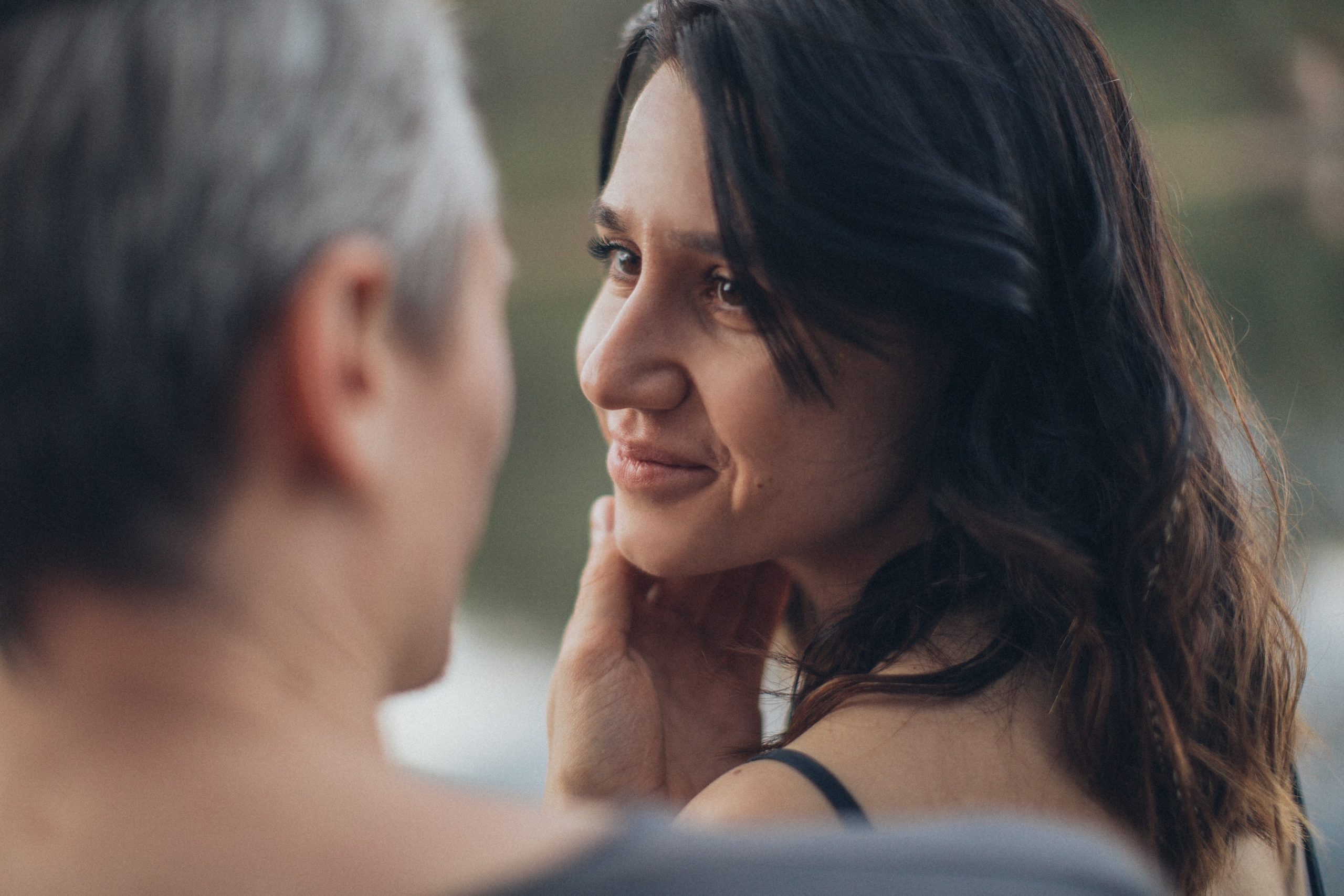Check out the article at: http://oncologynews.com.au/lets-talk-about-sex-after-cancer/
Over 40 percent of all cancer survivors experience negative sexual changes after treatment, with this percentage dramatically rising to over 90 percent in survivors treated for ‘below the belt’ cancer types, including prostate cancer, ovarian cancer and cervical cancer.
The University of Sydney and Cancer Council NSW identified that cancer survivors are suffering in silence and need support. New research found that 50 percent of cancer survivors did not seek help for their sexual concerns, citing embarrassment and lack of privacy as the main barriers.
“Cancer can take its toll, but it doesn’t have to take away your sexuality. Cancer survivors and their partners have identified sexual concerns and they’re not getting the help they need to address them,” said Dr Catalina Lawsin from the University of Sydney’s School of Psychology.
Changes to sexual wellbeing can leave cancer survivors feeling less confident and less at ease with intimacy. Fatigue, pain, physical discomfort, impotence and anxiety can greatly impact a survivor’s sex life, and if it isn’t dealt with the problem can escalate, breaking down their self-esteem and intimate relationships.
“Many cancer survivors don’t know that sexual changes are common after treatment. They have never discussed the possible impact on their sexual wellbeing with a health professional or their partner.
“We created Rekindle so people don’t feel alone and overwhelmed but can access practical advice and learn skills in a confidential environment to improve their sexual wellbeing.” said Dr Lawsin.
Annie Miller, Cancer Council NSW said, “Survivors are sometimes expected to bounce back to how they were before their illness, but if someone’s sexual identity has changed then that can alter how they feel, act and interact with others.
“Rekindle offers a wide range of tools and practical advice – whether that is information on the side effects of treatments, overcoming fear and insecurity, how to communicate better with your partner to help you feel better about you and your relationships or practical advice on the use and availability of sex aids.”
Twenty-four year old cancer survivor Sam Patterson praises the resource for sharing real life stories and encouraging partners to work together. He says that coping with sex and intimacy challenges is “impossible if you don’t communicate. Lack of sex after cancer can make people feel guilty and can ruin relationships. If you open the conversation you’ll both feel better for it and will understand each other’s concerns and needs.”
Rekindle is designed for a wide range of possible users affected by any type of cancer. There are 12 versions of Rekindle tailored to gender, relationship status and sexual orientation. Rekindle is self-led, once you log on and answer a survey you follow the pathway designed to best suit your needs, all within the privacy of your own home.
Seventy percent of Rekindle is video-based including a range of scenarios brought to life by actors, with humour and insight. Narrated by Noni Hazlehurst, Rekindle has extensive activities and information, including real stories from cancer survivors and oncologists.
Source: University of Sydney









